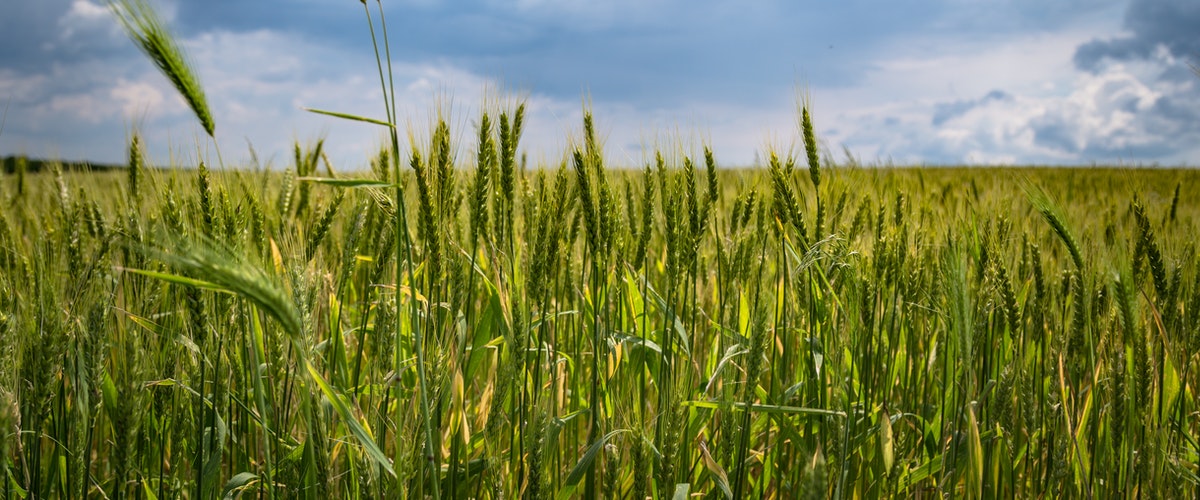An economic policy expert and businesses are pushing for greater support to bolster the productivity of the agricultural sector, a major pillar of the economy that is expected to recover faster from the pandemic.
Economist Dr. Bernardo Villegas said food and agribusiness is among the sectors that can experience a “V-shaped” rebound, along with health and wellness, digital industry, and education sector.
“More and more we should think of agribusiness not just as farming but as post-harvest, cold storage, supply chain, logistics, processing, and retailing,” he said during a webinar of Center for Strategy, Enterprise and Intelligence (CenSEI) on Philippine economic prospects.
Villegas said low agricultural productivity is the country’s “biggest weakness” needing a lot of solutions.
To boost agricultural output, Villegas cited as an example Malaysia wherein a large corporation works with thousands of smallholders getting into more productive high value crops like palm oil and rubber.
“We can do that for coconut, plus all the products that can be intercropped below the coconut trees –cacao, coffee, high-value products, etc. but that really requires a great deal of organization…,” he added.
Philippine Chamber of Commerce and Industry (PCCI) president George Barcelon said there is “need to do” in the agrarian reform law and irrigation, and developing farm-to-market roads.
“In the past year and a half, agriculture is one sector that has not really performed well. Manufacturing sector did perform well, the services sector did perform well, but not in the agriculture sector but that is one of our pillars (of growth),” said Barcelon, also Chairman of the Philippine Exporters Confederation, Inc. (PHILEXPORT).
He added the government thus needs to focus on the agriculture sector.
Meanwhile, Villegas also identified sectors that will take some time to recover from pandemic, or those which will be experiencing an “L-shaped” rebound.
He said these include travel and tourism, except domestic tourism; transport and automotive industry; malls and other retailing outlets; dine-in restaurants; public entertainment; and high-end real estate.
“Domestic tourism can recover rather fast if we avoid the lockdowns and we continue improving the access to various tourism destinations,” Villegas said.
“In real estate, what does not suffer is what we call economic and low-cost housing –units that range from P1 million to about P6 million… that price range has not actually been hit by the pandemic and that actually is an area where you still have a large shortage of units,” he added.
Source: PHILEXPORT News and Features
February 23, 2022
February 23, 2022













